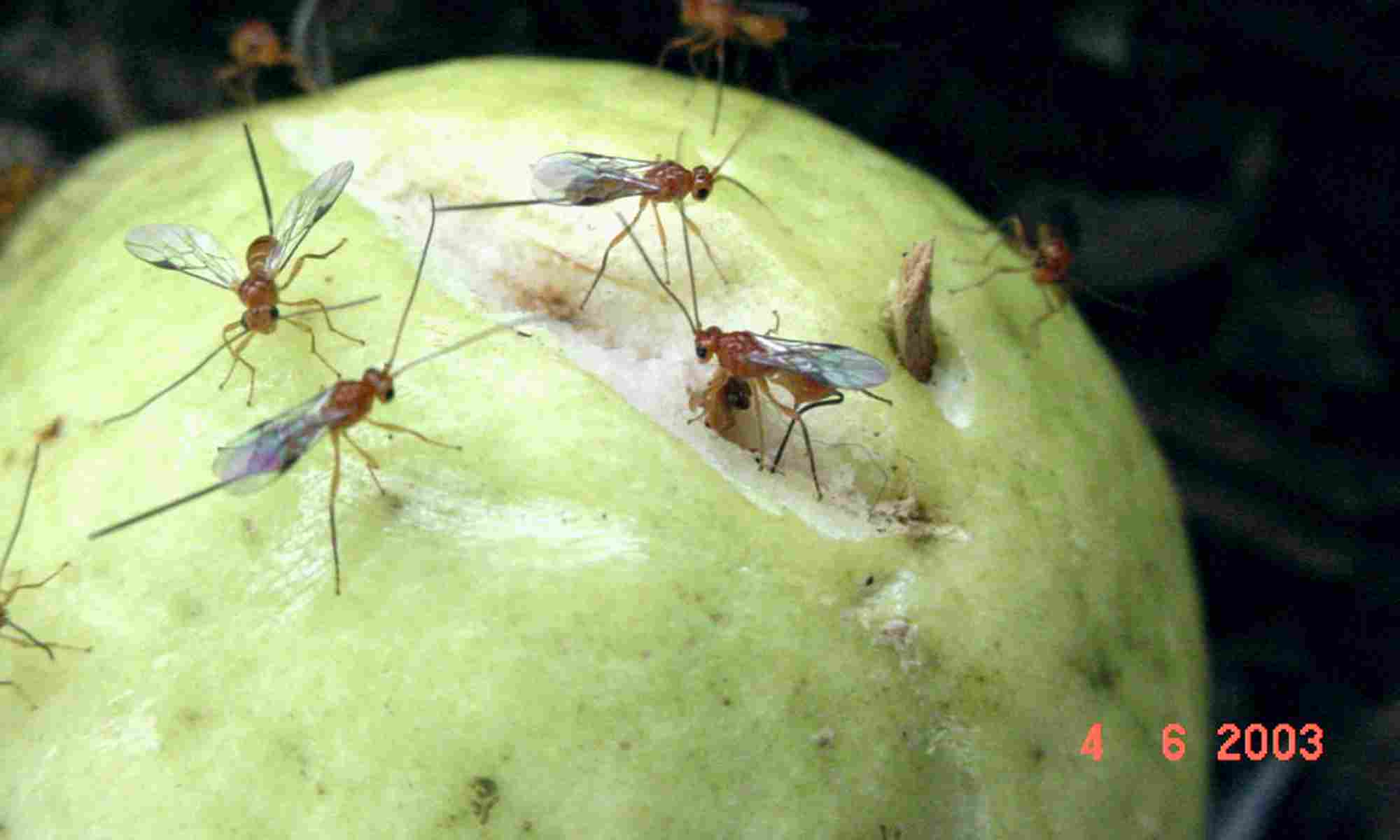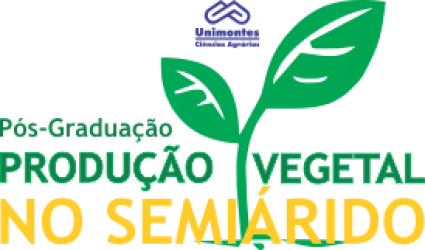- Version
- Download 8
- File Size 630.24 KB
- Create Date 11/06/2021
- Download
Lucas Vinícius de Souza Cangussú. Qualidade fisiológica de sementes de crambe dessecado em pré-colheita com glyphosate. 2017. 42 p. Dissertação (Mestrado em Produção Vegetal no Semiárido) – Universidade Estadual de Montes Claros, Janaúba, 2017.
A desuniformidade de maturação das sementes é uma característica presente em algumas espécies, dificultando a realização da colheita no momento adequado. Assim, a aplicação de dessecantes na pré-colheita pode ser uma alternativa, pois promove a uniformidade no estande, reduzindo o período de permanência das sementes no campo após a maturidade fisiológica. Objetivou-se com este trabalho avaliar o efeito do dessecante glyphosate na qualidade fisiológica de sementes de crambe em diferentes épocas de dessecação das plantas em pré-colheita. O delineamento experimental utilizado foi inteiramente casualizado, em esquema fatorial 2 x 4, envolvendo a aplicação de dessecante glyphosate nas plantas em pré-colheita e a testemunha (sem dessecação das plantas) e quatro épocas de dessecação, com três repetições por tratamento. As épocas de dessecação foram baseadas nos estádios de maturação das sementes, verificados a partir da observação visual da porcentagem de sementes marrons (45, 60, 75 e 90%), a qual ocorreu aos 88, 93, 98 e 103 dias após a semeadura (DAS). As sementes foram avaliadas quanto ao teor de água, germinação e vigor (primeira contagem de germinação, índice de velocidade de emergência, emergência de plântulas, matéria fresca e seca de plântulas, envelhecimento acelerado e condutividade elétrica). A dessecação das plantas de crambe em pré-colheita com glyphosate afeta positivamente a qualidade fisiológica das sementes. Quando 90% das sementes encontram-se com a coloração marrom, o que correspondeu aos 103 dias após a semeadura, a aplicação do dessecante nas plantas de crambe proporciona sementes com maior qualidade fisiológica.
Palavras-chave: Crambe abyssinica Hoechst, maturação, herbicida, germinação e vigor
Physiological quality of pre-harvest dried cranberry seeds with glyphosate
Non-uniform seed maturation is a characteristic in some plant species, making it difficult to harvest at the right time. Thus, the application of desiccants in the pre-harvest can be an alternative, as it promotes the uniformity in the stand, reducing the period of permanence of the seeds in the field after the physiological maturity. The objective of this work was to evaluate the effect of desiccant glyphosate on the physiological quality of crambe seeds at different times of desiccation of preharvest plants. The experimental design was completely randomized in a 2 x 4 factorial scheme, involving the application of glyphosate desiccant in the preharvest plants and the control treatment (without plant desiccation), in four desiccation times, with three replications per treatment. The times of desiccation were based on the stages of seed maturation, verified by visual observation of the percentage of brown seeds (45, 60, 75 and 90%), which occurred at 88, 93, 98 and 103 days after sowing (DAS). The seeds were evaluated for water content, germination and vigor (first germination count, germination speed index, seedling emergence, fresh and dry matter of seedlings, accelerated aging and electrical conductivity). The desiccation of pre-harvest crambe plants with glyphosate positively affects the physiological quality of the seeds. When 90% of seed become brown color, which occurred at 103 days after sowing, the application of the desiccant in crambe plants provides seeds with higher physiological quality.
Keywords: Crambe abyssinica Hoechst, maturation, herbicide, germination and vigor

